
Minority entrepreneurship plays a vital yet under-recognised role in the UK economy. Ethnic minority-led businesses contribute significantly to innovation, job creation, and community wealth, yet continue to face persistent and systemic barriers to growth. These challenges are now well documented in national policy debates, including the recent 08th UK Parliament Report on Female Entrepreneurship, and written evidence submission on Ethnic Minority Women and Barriers to Entrepreneurship to the Women and Equalities Committee. Against this backdrop, the forthcoming workshop, Breaking Barriers: Advancing Minority Entrepreneurship in the UK , is a timely, research-driven intervention that brings together evidence, lived experience, and academic insight in direct conversation.
The event will take place on 21 January 2026 (9:30am–2:30pm GMT), supported by the Institute of Small Business Entrepreneurship (ISBE) SIG on Entrepreneurship in Minority Groups (SIG) , hosted at Bournemouth University, Fusion Building (F201), Talbot Campus, with an option to join online. Attendance is free and open to university staff, students, policymakers, entrepreneurs, and enterprise support organisations.
Evidence of Structural Barriers
The report highlights a consistent pattern of disadvantage faced by ethnic minority entrepreneurs across the UK. Key issues include unequal access to finance, limited engagement with mainstream business support programmes, and structural bias embedded within funding, procurement, and advisory systems. These barriers are not the result of individual deficits, but rather reflect systemic inequalities that shape how entrepreneurship support is designed and delivered.
The written evidence submitted to Parliament highlights this point by emphasising how “one-size-fits-all” enterprise policies often fail to consider the complex realities of ethnicity, migration status, gender, class, and geography. Importantly, the evidence stresses that ethnic minority entrepreneurs are not a uniform group. Experiences vary considerably between communities, sectors, and generations, yet policy responses often overlook this complexity.
Academic research echoes these findings. Studies across entrepreneurship, sociology, and economic geography demonstrate how informal networks, cultural capital, and institutional trust play a decisive role in entrepreneurial success. For many minority founders, exclusion from established networks and decision-making spaces creates invisible barriersthat persist even when formal support is available.
From Policy Insight to Collaborative Action
Breaking Barriers: Advancing Minority Entrepreneurship in the UK is designed to respond directly to these documented challenges. Rather than treating policy reports as endpoints, the workshop positions them as starting points for collaborative, research-informed action.
The event brings together:
- Researchers working on entrepreneurship, inequality, migration, and economic development
- Students interested in enterprise, social innovation, and policy
- Entrepreneurs with lived experience of navigating minority entrepreneurship ecosystems
- Policymakers and practitioners involved in business support and regional development
Through talks, panel discussions, and facilitated breakout sessions, participants will critically examine how national evidence translates into local realities. The workshop aims to identify where current enterprise frameworks succeed, where they fall short, and how universities can play a more active role in addressing these gaps.
The Role of Universities
Universities occupy a unique position within the entrepreneurial ecosystem. As researchers, educators of future entrepreneurs, and anchors within regional economies, they are well placed to bridge the divide between evidence and practice. The report explicitly calls for better integration of research, policy design, and delivery—an area where higher education institutions can lead.
For academic staff, this event offers an opportunity to connect research outputs to tangible societal impact, particularly in line with REF impact agendas and civic university commitments. It also provides space to explore interdisciplinary collaborations across business, social sciences, policy, and creative industries.
For students, the workshop offers exposure to real-world policy debates and the chance to engage directly with entrepreneurs and decision-makers. It challenges dominant narratives of entrepreneurship by foregrounding structural inequality and highlighting alternative pathways to innovation and enterprise.
Towards Inclusive Entrepreneurial Ecosystems
One of the strongest messages emerging from the report is that improving outcomes for minority entrepreneurs requires systemic change, not isolated initiatives. This includes redesigning support infrastructures, diversifying decision-makers, and embedding accountability into funding and procurement processes.
The workshop will therefore focus not only on identifying barriers, but on co-creating solutions. Breakout sessions will encourage participants to explore practical interventions — from inclusive enterprise education and mentoring models, to data-driven policy evaluation and community-based support mechanisms.
By situating academic research alongside lived experience and policy evidence, Breaking Barriers aims to move beyond diagnosis toward implementation. It recognises that advancing minority entrepreneurship is not a niche issue, but a central concern for economic resilience, social justice, and innovation in the UK. This event invites staff and students across disciplines to engage critically with national evidence, contribute to meaningful dialogue, and help shape more inclusive entrepreneurial futures.
Breaking Barriers: Advancing Minority Entrepreneurship in the UK
📅 21 January 2026
⏰ 9:30am–2:30pm GMT
📍 Fusion Building (F201), Talbot Campus, Bournemouth University
🎟️ Free registration link here




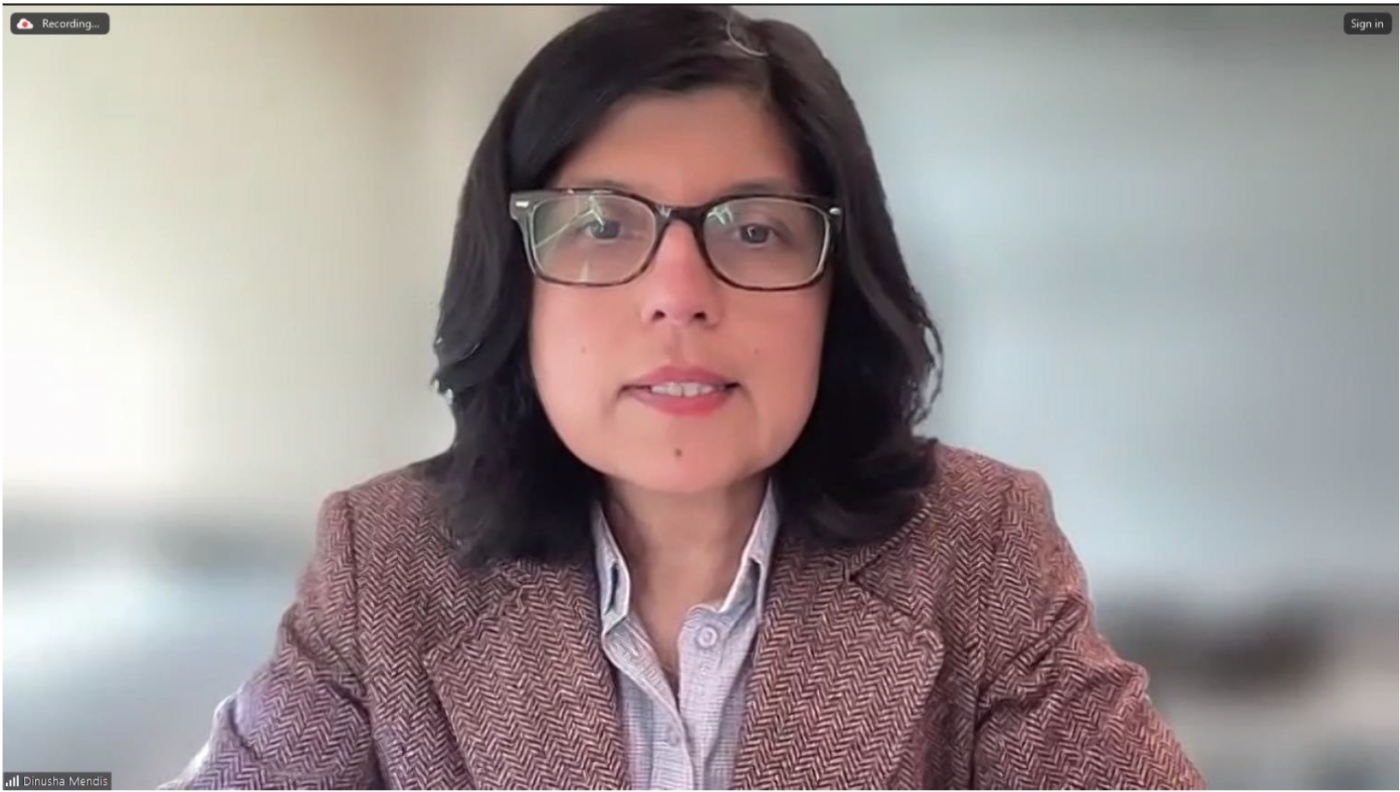

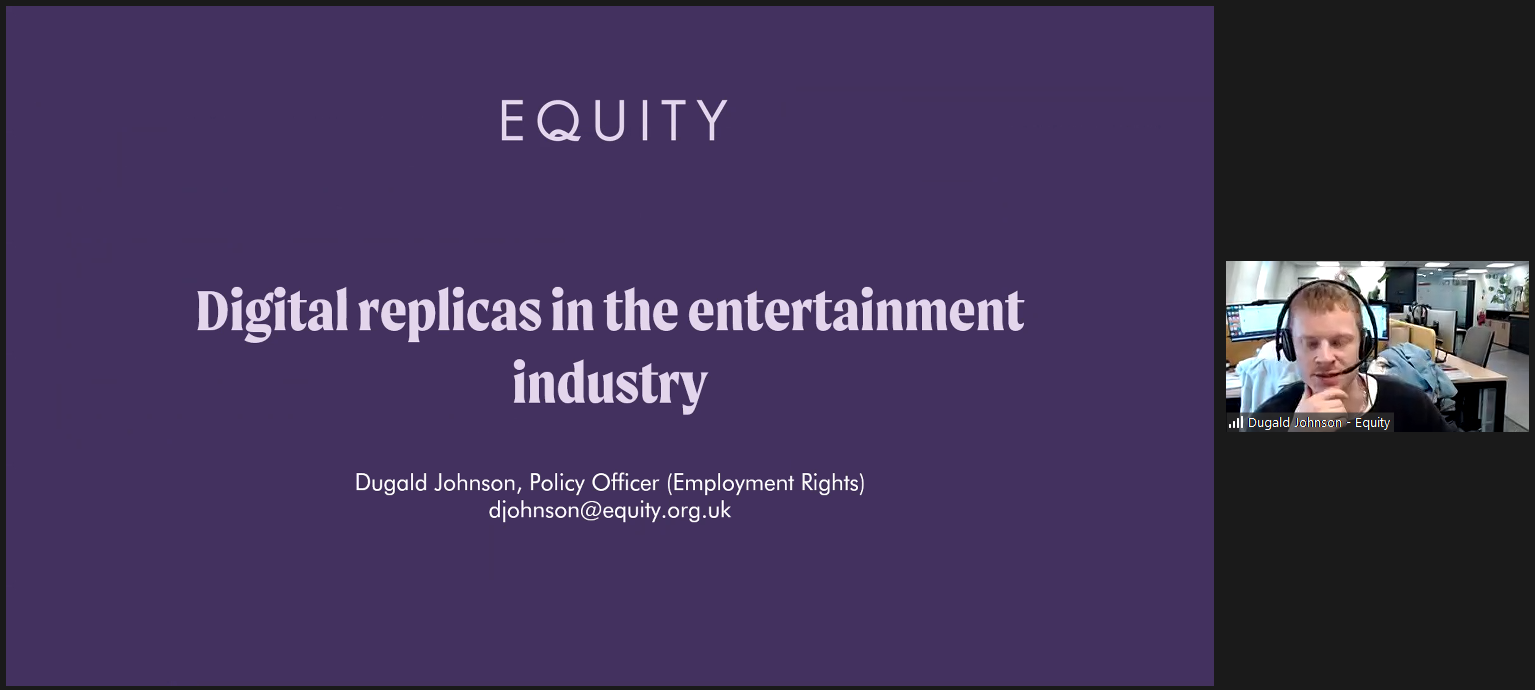




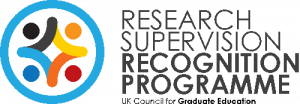

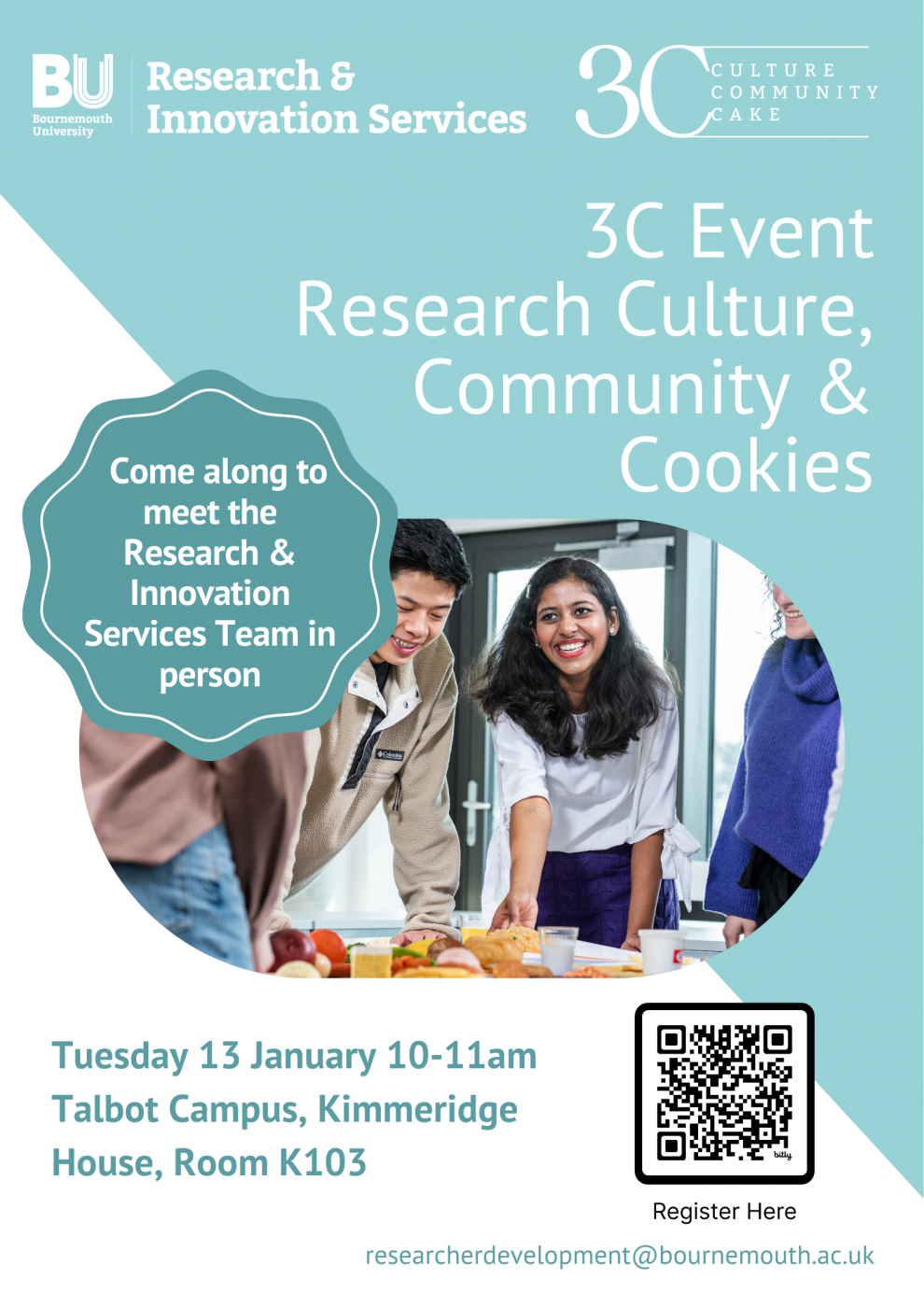




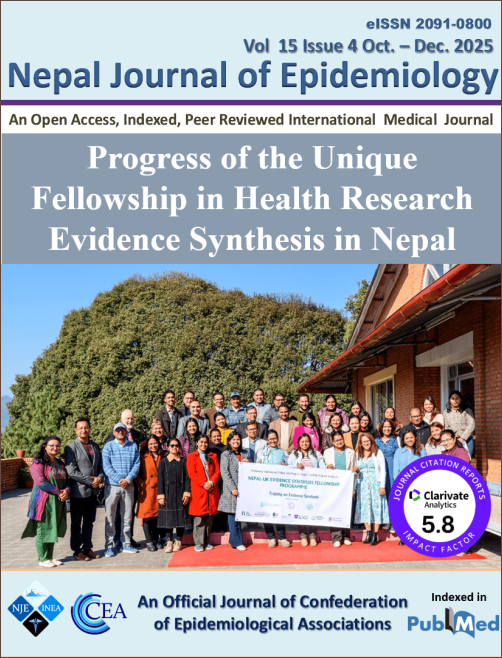
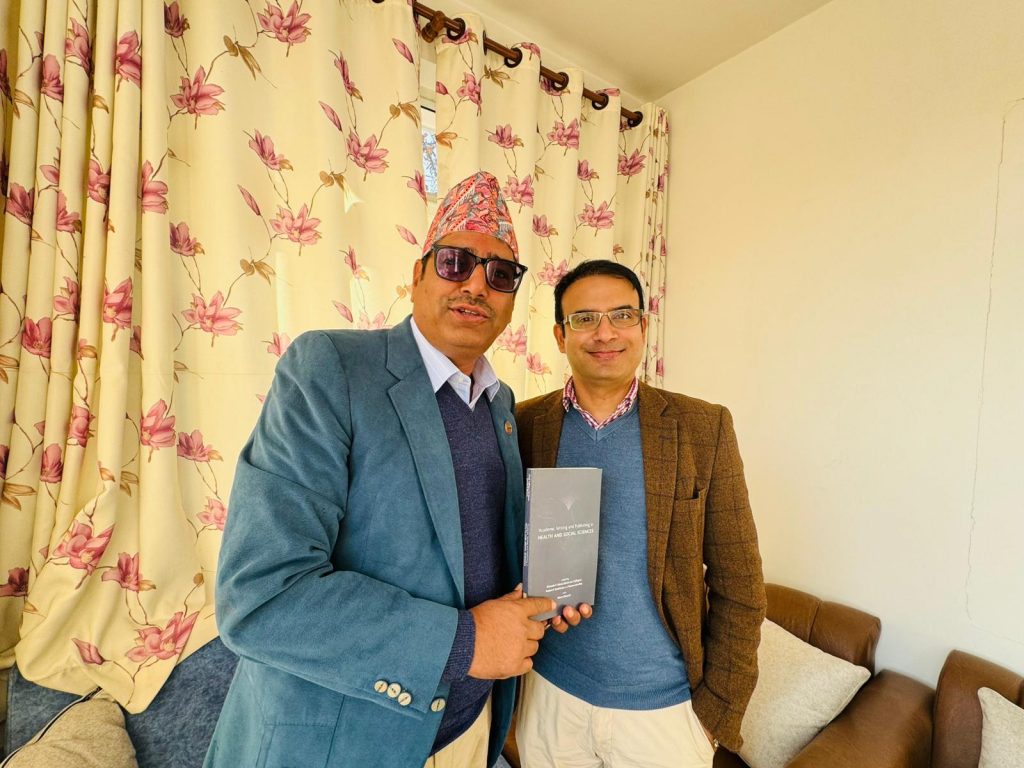

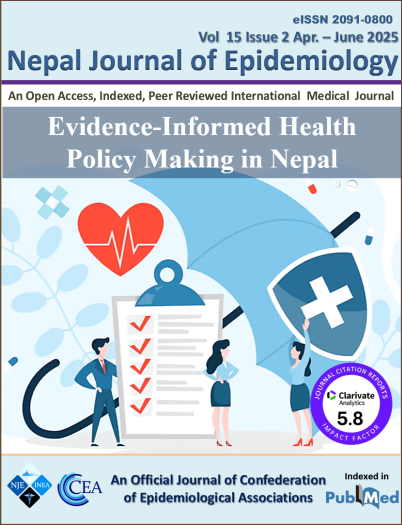
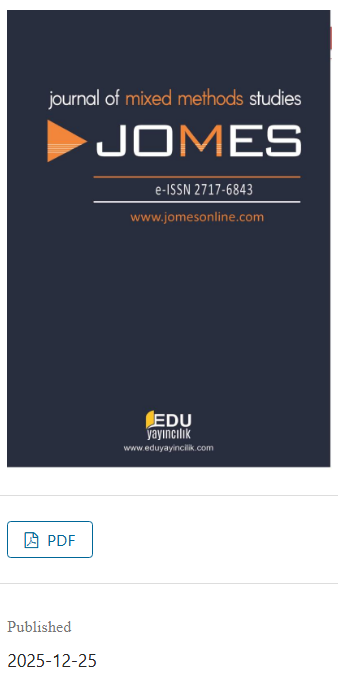

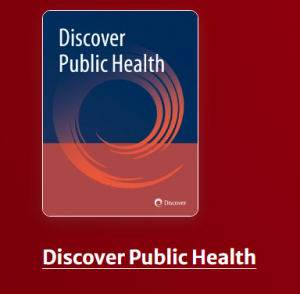
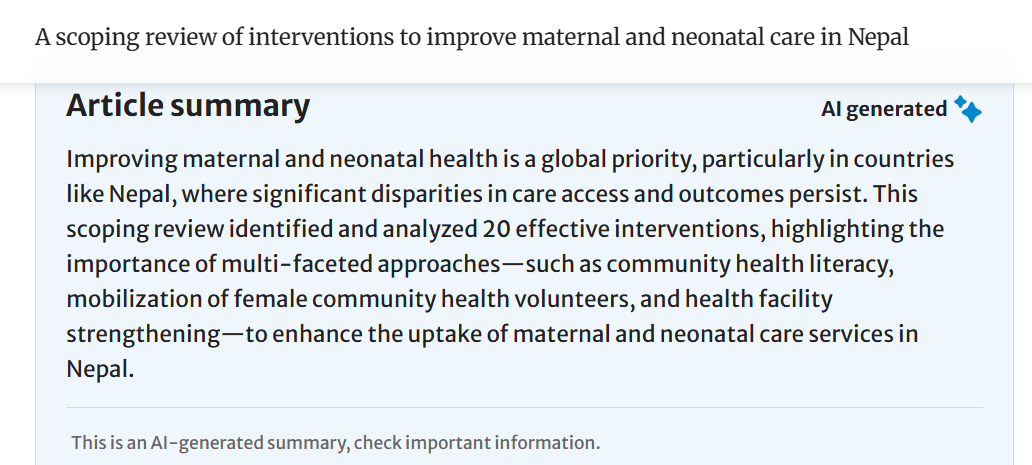

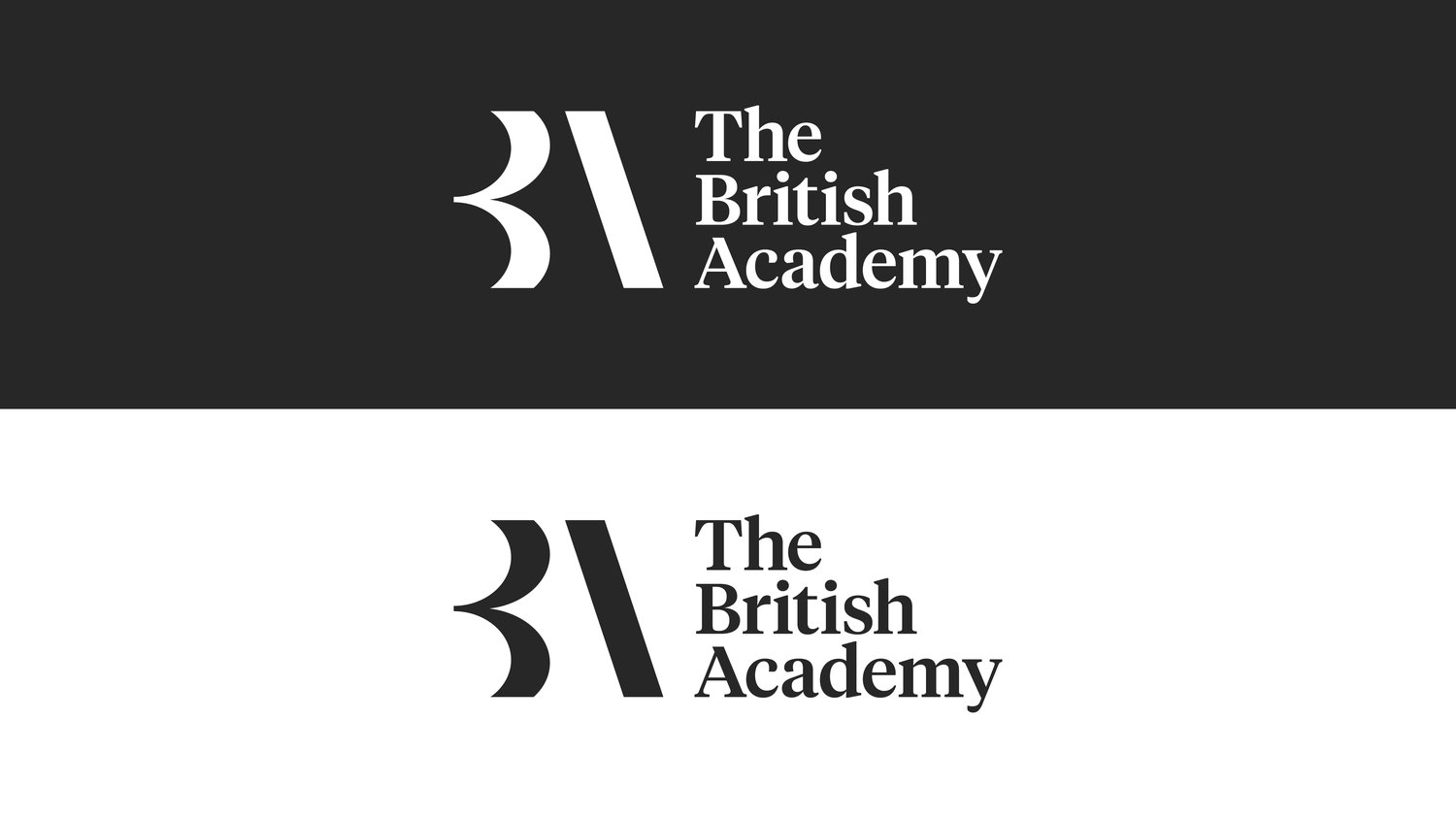
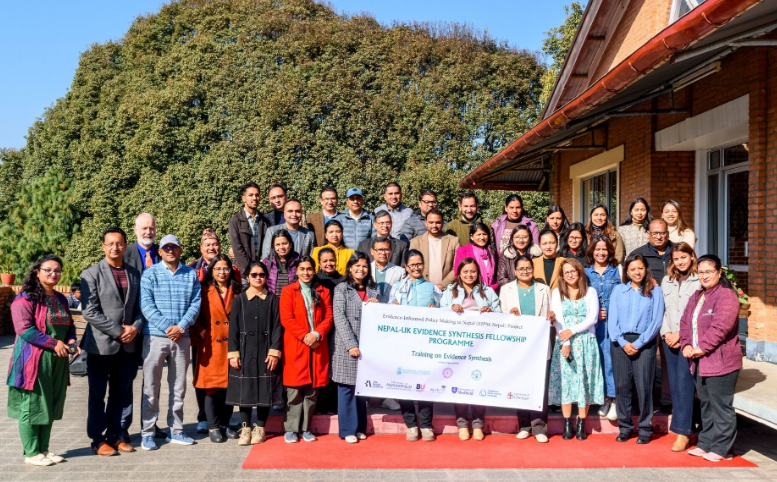

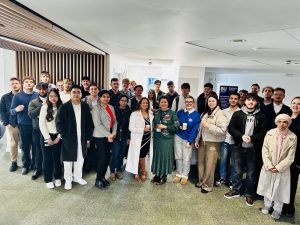
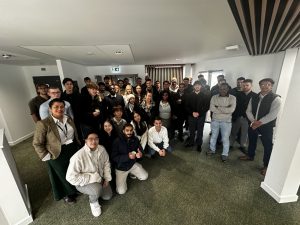
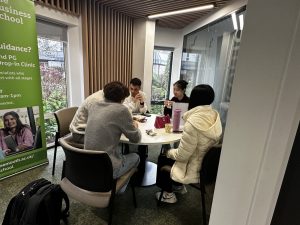
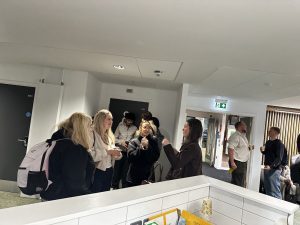
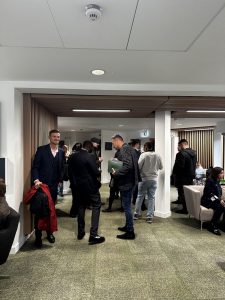
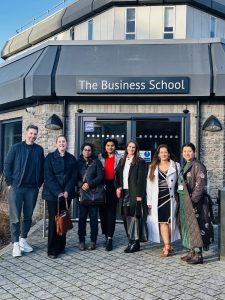
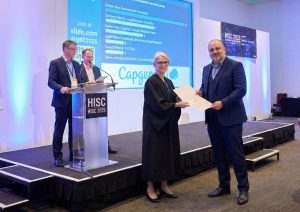

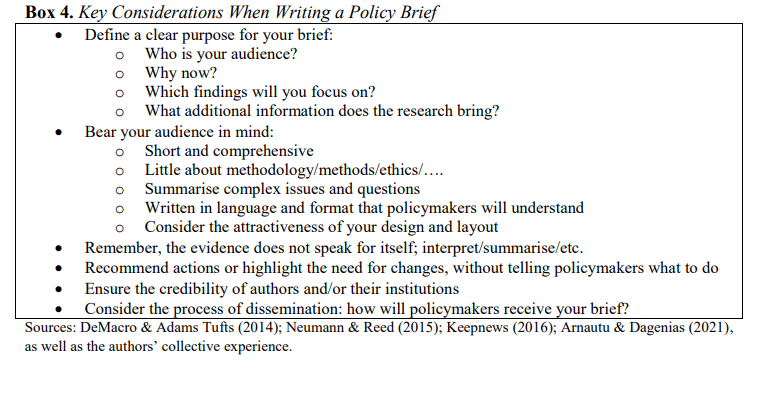











 From Sustainable Research to Sustainable Research Lives: Reflections from the SPROUT Network Event
From Sustainable Research to Sustainable Research Lives: Reflections from the SPROUT Network Event REF Code of Practice consultation is open!
REF Code of Practice consultation is open! BU Leads AI-Driven Work Package in EU Horizon SUSHEAS Project
BU Leads AI-Driven Work Package in EU Horizon SUSHEAS Project ECR Funding Open Call: Research Culture & Community Grant – Apply now
ECR Funding Open Call: Research Culture & Community Grant – Apply now ECR Funding Open Call: Research Culture & Community Grant – Application Deadline Friday 12 December
ECR Funding Open Call: Research Culture & Community Grant – Application Deadline Friday 12 December MSCA Postdoctoral Fellowships 2025 Call
MSCA Postdoctoral Fellowships 2025 Call ERC Advanced Grant 2025 Webinar
ERC Advanced Grant 2025 Webinar Update on UKRO services
Update on UKRO services European research project exploring use of ‘virtual twins’ to better manage metabolic associated fatty liver disease
European research project exploring use of ‘virtual twins’ to better manage metabolic associated fatty liver disease